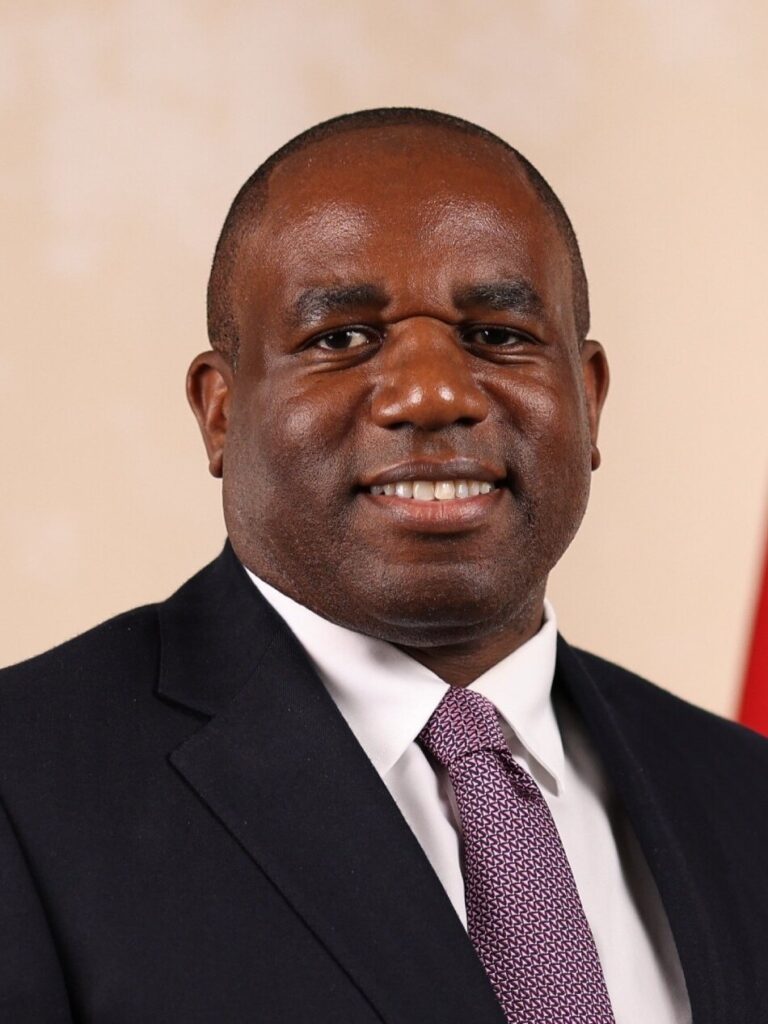Deputy Prime Minister David Lammy is set to take centre stage at Prime Minister’s Questions (PMQs) this afternoon, where he will face shadow defence secretary James Cartlidge across the despatch box.
The pair will be standing in for Prime Minister Keir Starmer and Conservative leader Kemi Badenoch, who are both absent from the weekly Commons session.
It marks Lammy’s first appearance at PMQs in his new role, and Cartlidge’s debut as his party’s stand-in opponent.
Cartlidge, who has represented South Suffolk since 2015, was appointed as shadow defence secretary earlier this year.
The session comes a day after Chancellor Rachel Reeves delivered a pre-Budget speech, refusing to rule out tax rises ahead of her 26 November Budget.
Reeves said she would make necessary choices to protect families amid weak economic growth and higher borrowing costs.
Although Labour pledged during the election campaign not to raise income tax, VAT, or National Insurance, the chancellor is expected to look for other ways to boost government revenue.
The Autumn Budget statement, due on 26 November, will outline government plans on taxation and public spending across key sectors, including health, education, and policing.
Reeves has promised a responsible approach, focusing on stability and fairness, though speculation about potential tax changes continues to mount.
At last week’s PMQs, Kemi Badenoch pressed Starmer over Labour’s refusal to back the Conservatives’ plan to scrap stamp duty.
The prime minister countered by criticising the Tories’ economic record. Badenoch has since hinted at a new “golden rule” for her party’s fiscal policy, allocating half of any savings to deficit reduction and half to stimulating growth.
Meanwhile, a bill related to implementing an international treaty has hit a procedural snag in Parliament. The legislation, which has already passed the House of Commons, cleared its second reading in the House of Lords on Tuesday without a vote.
However, the government unexpectedly withdrew the motion to send the bill to committee stage, leaving it stalled.
Officials say the amendment in question would have effectively blocked the bill by not allowing adequate time for consultation.
Ministers must now work to win sufficient support in the Lords to move the legislation forward.



